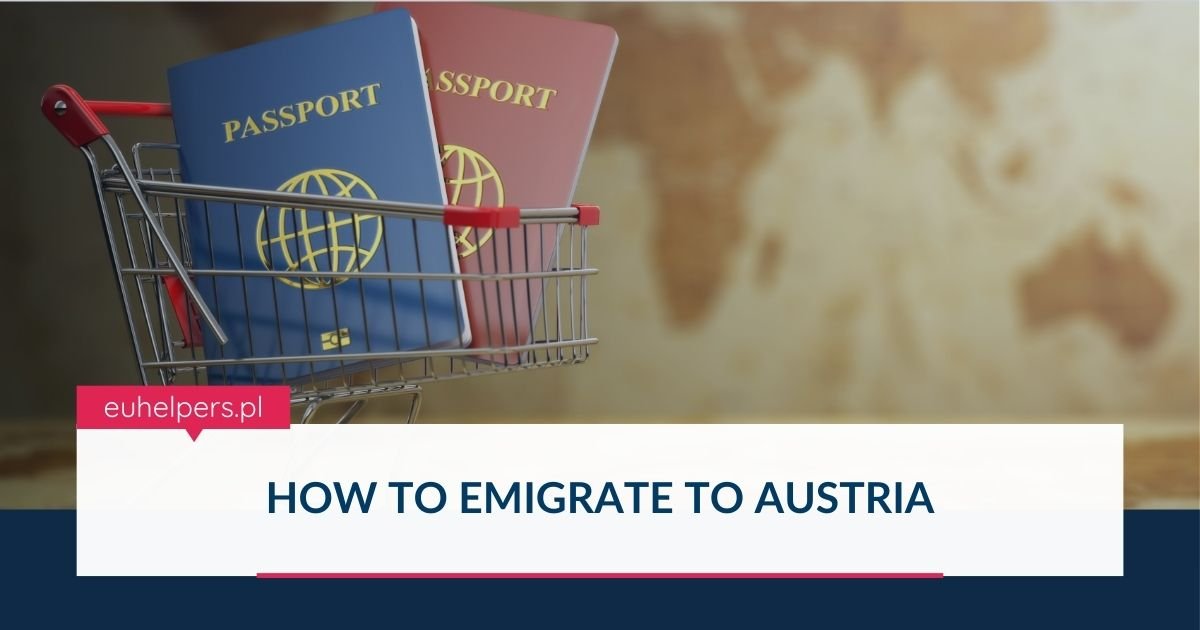Austria, a country renowned for its rich culture and picturesque landscapes, has its own set of requirements for those wishing to emigrate. While German is the official language, regional dialects vary across the country, and familiarity with them is crucial, especially when seeking employment or applying for a residence permit. Here’s a detailed breakdown of the process for both European Union (EU) citizens and non-EU nationals.
For EU Citizens
As a member of the EU, you enjoy significant benefits when moving to Austria. A visa or work permit is unnecessary; a valid passport or ID card is sufficient. However, there are still administrative steps to complete:
1. Municipal Registration:
- You must register at the local municipal council or registry office, a process that costs €50.
- Proof of sufficient income is required to demonstrate financial independence without relying on public assistance.
- Registration with private health insurance is recommended for medical coverage.
2. Medical and Health Coverage:
A deposit of €150 is required for secondary medical consultations, part of which is refundable. Having private health insurance ensures financial security for such situations.
For Non-EU Citizens
The process for non-EU nationals is more intricate:
1. Visas and Permits:
- Begin with a tourist or Schengen visa to enter Austria.
- Apply for a residence permit, which allows extended stays.
Obtain a work permit, which must be requested by your prospective employer before your arrival in Austria. This permit is essential for employment and is separate from the residence permit.
Essential Documents
Regardless of your citizenship, having the following documents is critical for a smooth transition:
- Valid passport or ID card.
- Birth certificate.
- Driver’s license (if applicable).
- Address registration form signed by your landlord or proof of property ownership.
- Marriage certificate and children’s birth certificates (if applicable).
- Family book and census records for pets (after paying the annual tax).
- Comprehensive job application documents, including a cover letter, résumé, and certificates in both German and English.
Additional Tips
- Academic Credentials: Bringing all your diplomas and certificates can significantly enhance your job prospects. Austrians value formal qualifications, and presenting these documents can open many professional doors.
- Cultural Familiarity: Adopting a local name or pronunciation can facilitate easier integration, both socially and professionally.
Emigrating to Austria involves meticulous preparation and adherence to local regulations. For EU citizens, the process is relatively straightforward, while non-EU nationals face additional hurdles. By gathering the required documents, understanding cultural nuances, and securing adequate health insurance, you can ensure a seamless transition to life in Austria.

